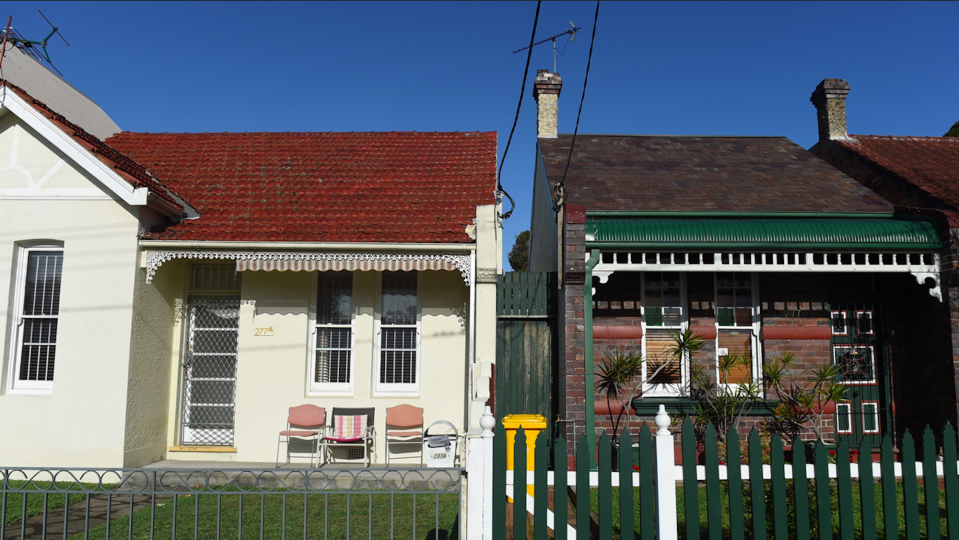4 ways to weather slower Aussie house price growth

It’s only Wednesday but already it has been a tough week for Aussie property investors and homeowners.
Westpac has raised interest rates. So has Suncorp. And Adelaide Bank.
Also read: Is the Aussie stock market about to crash?
Mortgage brokers, who often earn lofty commissions from the banks for selling their loans, are also under pressure.
So is it any surprise to hear the news this week that Australian property prices were down for the 11th month in a row?
Also read: Why this hot tech stock has collapsed
“Weaker housing market conditions can be tied back to a variety of factors, foremost of which is the tighter credit environment which has slowed market activity, especially amongst investors,” CoreLogic’s Tim Lawless said.
The banks are blaming the Royal Commission and higher funding costs, driven by rising interest rates in the US.
Here’s what I wrote in July:
“…although Australia’s RBA hasn’t budged on local interest rates, rising US rates could lead tohigher Australian mortgage interest ratesbecause many of Australia’s largest banks rely on US debt markets to get a meaningful amount of their funding for loans.”
(That was a mouthful)
Also read: Where would you be today if you’d bought property 20 years ago?
Here’s the simple version: higher interest rates could mean more defaults, much higher levels of failed refinancing and further falls in the prices of houses and units.
Data fromDigital Finance AnalyticsandUBSsuggests a steep year-over-year increase in the number of investors failing to refinance their loans.
“About 40 per cent of people who tried to refinance were unable to do so,” DFA principal Martin North said. “If you go back a year it was 5 per cent.”
4 Tips To Weather Slower Property Price Growth
Australia is still pushing towards its 30th year without a recession.
That’s right, we’re still growing!
Yes, we could be facing a few years of slower long-term growth in Australian property. But slower growth is still growth — and it’s normal.
Property markets will rise, fall and go sideways, in no particular order, over time. That’s why it’s important to prepare for the worst and hope for the best.
And over the long run, most markets tend to move higher in spite of market falls — not in their absence.
That’s why most good investment advisers will tell their clients:“aim to own a property for at least 7 years”.
They’ll also say:
Keep 6 months’ worth of living expenses in an emergency savings account
Before investing, rid yourself of all high-interest debt (for me, that means loans or credit cards which have an interest rate of more than 10%)
If you have financial responsibilities, make sure you have adequate insurance (e.g. income protection, car, home, contents, etc.).
Finally,beforebuying more property consider investing in different asset classes (shares, bonds, cash accounts, etc.), locally and abroad.
I know it might seem very difficult to achieve those 4 things. But it’snotimpossible for some people to be in that position within 12 months.
Consider having a garage sale or get a second job, downsize the car and talk to a good Super fund about income protection. Once that’s done, perhaps add extra to Super or consider using a reputable online broker to invest in local and international shares and ETFs (as I do).
Then, if the worst should happen to property markets, having an extra cash buffer won’t hurt.
Owen Raszkiewicz is lead adviser ofRask Invest

 Yahoo Finance
Yahoo Finance 
